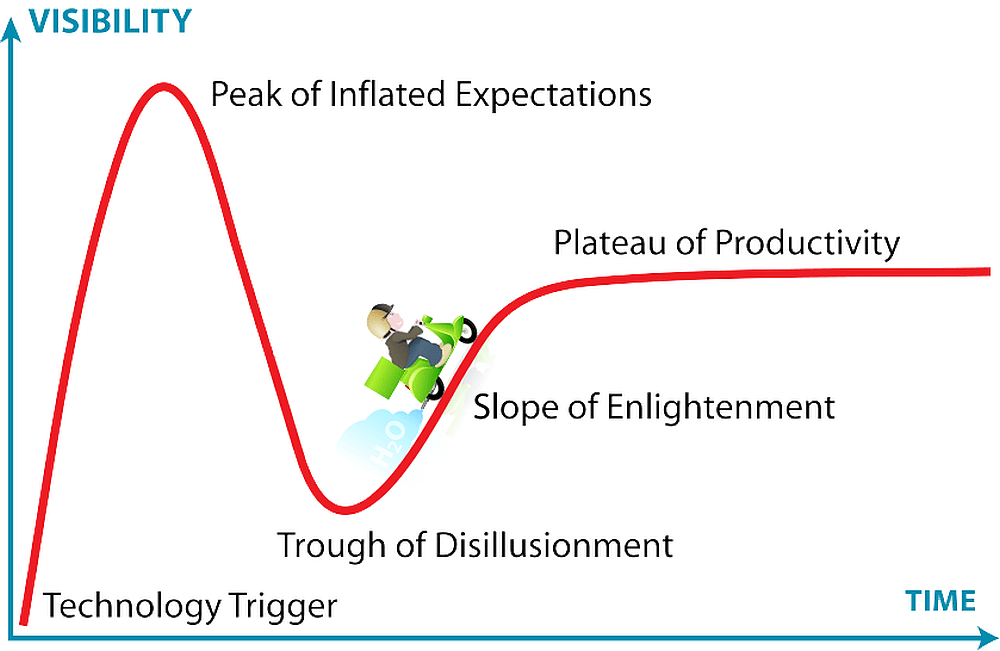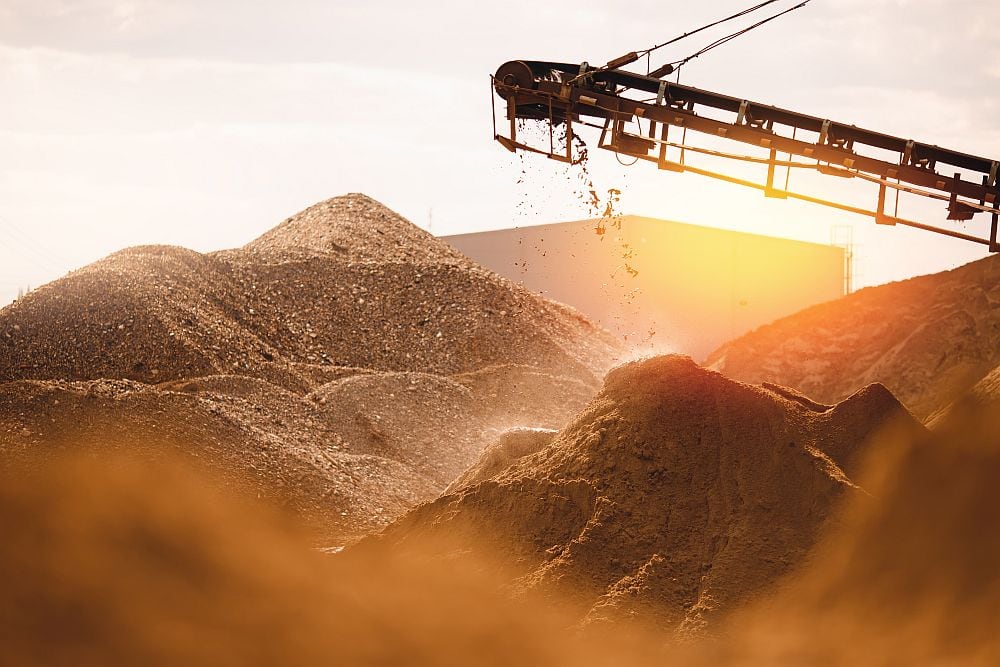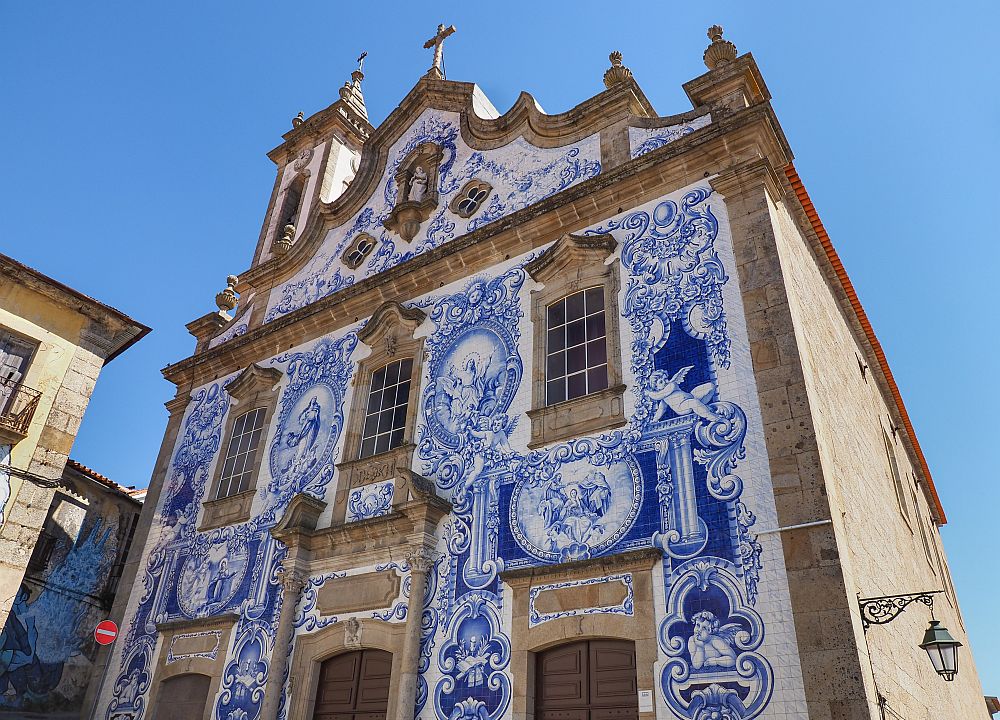GNEII nuclear energy safety, security institute was officially launched with the signing of an agreement among TEES, Sandia National Laboratories and Khalifa University.
The world now is quite a bit more tuned in to the need for multinational cooperation on nuclear energy issues than it was ten days ago. Hopefully, that awareness will translate into some appreciation for the work being done by two United States groups and a university in Abu Dhabi to help “seed” a culture of nuclear energy safety and security around the world.
Sandia National Labs recently announced that representatives of a special group within the lab, along with experts from Texas Engineering Experiment Station and leaders from the Khalifa University of Science, Technology & Research (Abu Dhabi) have signed a memorandum of understanding that establishes the Gulf Nuclear Energy Infrastructure Institute (GNEII, pronounced “genie”).
The Texas Engineering Experiment Station is an engineering research agency of the State of Texas and part of the Texas A&M University system. TAMU has a significant Department of Nuclear Engineering and many staff participate in departmental and TEES activities.
The Sandia team, led by Adam Williams, conceived and led the development of the new institute that seeds and cultivates a regional culture of responsible nuclear energy management.
Others have used the story of the “genie in the bottle” as a metaphor for nuclear materials, so it is appropriate to note that GNEII is symbolically about keeping the lid on that bottle. Sandia says there is international interest in this topic matter, and it hopes the new program will become a model for others built on a regional basis.
In a Sandia news release, Adams said, “Those of us with knowledge, who understand the safety, safeguards and security that nuclear energy programs require, have a responsibility to help local professionals adequately prepare for what they’re building. ”
The target audience is policymakers, government officials and energy program executives. The three institutions are developing a curriculum around general nuclear energy safety, safeguards and security issues. Specific subjects that will be covered are:
- Systems thinking;
- Basic nuclear physics;
- Nuclear fuel cycles;
- Nonproliferation;
- General power plant operations; and
- Radiological materials management.
Participants will also be required to carry out an independent research project.
Initially, participation is limited to professionals from three Emirati organizations (not named). There are plans to ultimately include professionals from all six Gulf Cooperation Council members (Bahrain, Kuwait, Oman, Qatar, Saudi Arabia and United Arab Emirates).
“Nuclear energy programs are complex and there are many steps to establishing a responsible nuclear program,” Williams continues in the Sandia release. “Among the local ranks in the Middle East, few understood all facets. Our goal is to provide a solid start for a comprehensive, complete and coherent introduction to a responsible nuclear energy program so the idea of a ‘Middle Eastern nuclear energy program’ won’t keep people up at night.”
CTT Categories
- Education
- Market Insights


